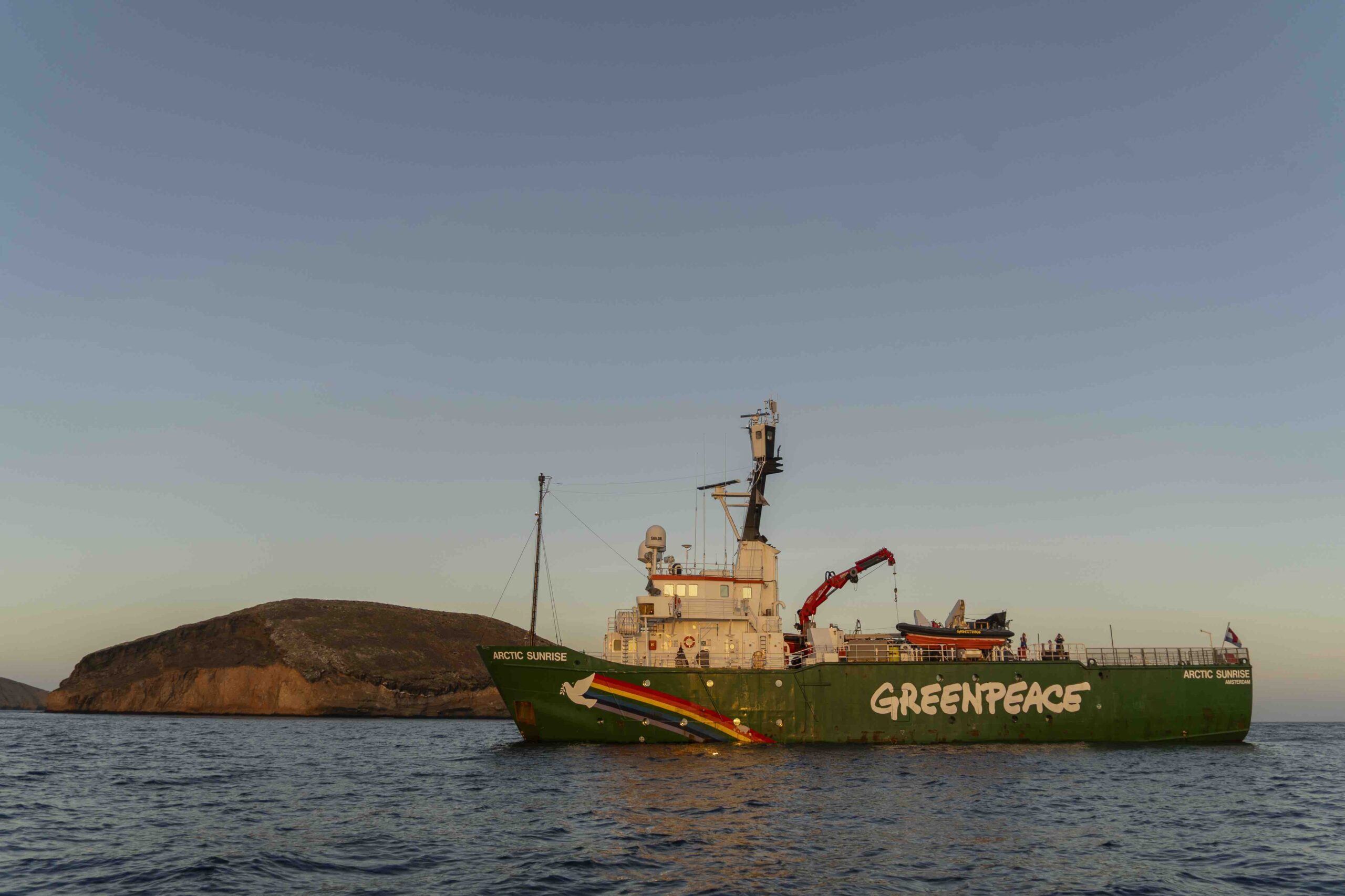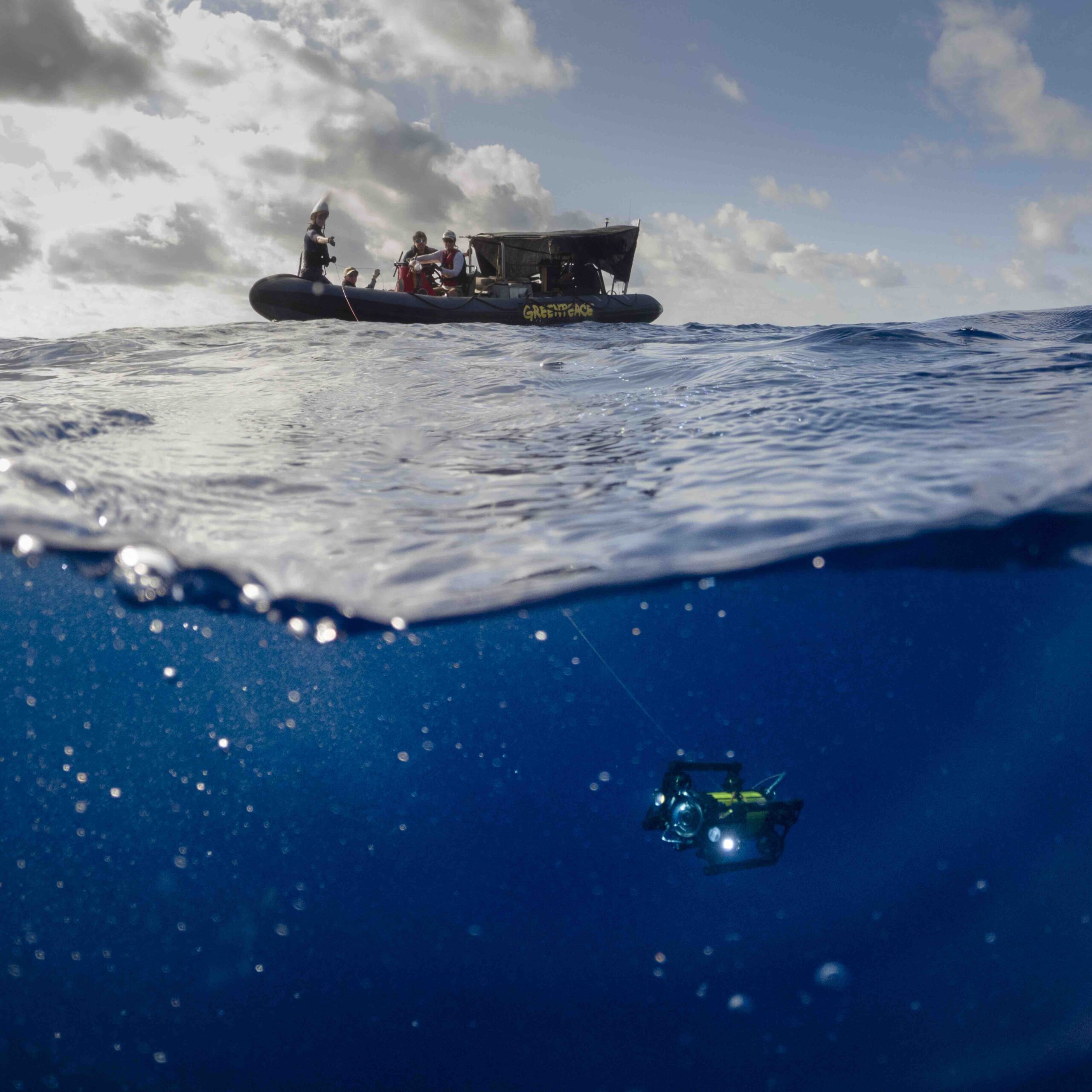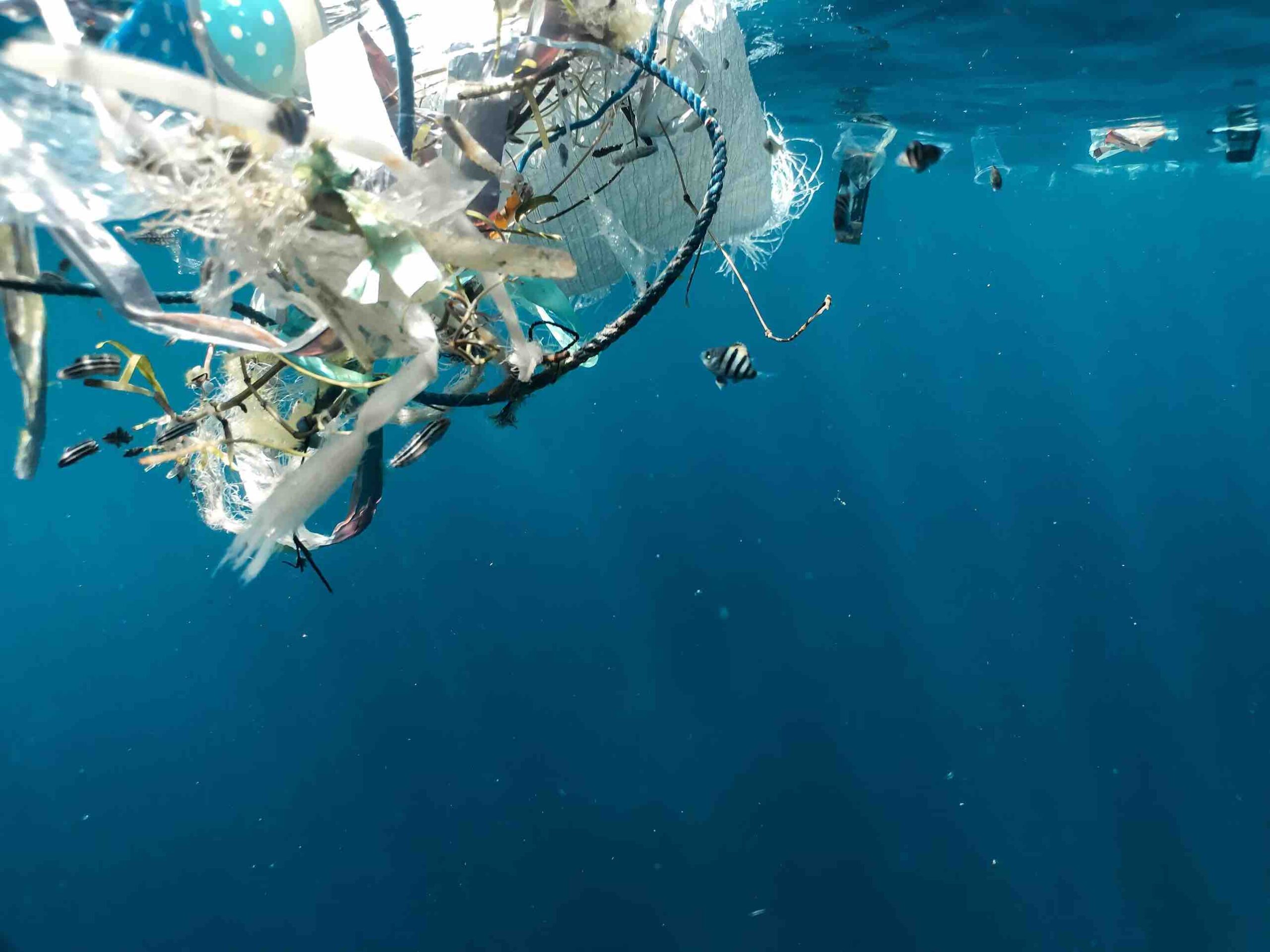Según datos de la UNESCO, menos del 30% de los investigadores son mujeres, esto podría deberse a que pocas se deciden por carreras enfocadas hacia la ciencia, la investigación o las ciencias exactas debido a los prejuicios y estereotipos de género.
Para Diana Pazmiño, joven galapagueña, investigadora y docente, uno de los desafíos ha sido “construir y mantener una autoestima y autoconfianza sólidas a lo largo del tiempo”.Manifiesta además que el mundo académico y científico todavía resulta un lugar poco amigable para las mujeres, donde en muchas ocasiones son juzgadas o se asume constantemente que NO son capaces de ciertas cosas.
Así mismo, Daniela Alarcón, investigadora y miembro del staff del GSC piensa que enfrentarse a la inequidad de género la ha impulsado a ser mejor en su campo, “A veces se pueden ver preferencias de hombres antes que mujeres, además se ve inequidad en varios puntos relacionados como el trabajo de campo, el tema maternidad, el tema salarial, la credibilidad, entre otros, pero eso más bien ha sido un reto que me impulsa a cambiar esta situación.”
Afortunadamente, en Galápagos, un lugar que se destaca por el desarrollo de trabajos científicos e investigaciones en muchos campos, los avances y esfuerzos por incluir a las mujeres y las niñas, en ámbitos donde generalmente la presencia masculina ha predominado, empiezan a dar sus frutos.

El Galapagos Science Center, consciente de esta realidad busca no solo reconocer el invaluable trabajo que realizan las mujeres y el aporte que sus investigaciones y hallazgos significan para la sostenibilidad del archipiélago. Sino que también se encuentra en una constante búsqueda de iniciativas en donde la presencia femenina se destaque.
En el 2019, Diana Pazmiño comienza a darle forma a su iniciativa llamada “Gill´s Club”, un espacio pensado para que las niñas tengan la oportunidad de acercarse a la ciencia e incentivarlas a involucrarse desde muy temprana edad en el campo de la investigación científica.
“He leído que varias mujeres en todo el mundo han logrado hacer ciencia, pero para conseguirlo tuvieron que enfrentarse a muchos problemas. Ahora las niñas tenemos más oportunidades para aprender de la ciencia y la investigación. Siento que formar parte de Gill´s Club me motiva a seguir mis deseos y sueños de proteger a los animales y que esto será muy importante para la conservación de muchas especies en Galápagos y en el lugar que me encuentre.» Comentó Camila Ojeda, ella tiene 10 años y es miembro activo del Gill´s Club desde el 2019.
Actualmente, Diana es una de los líderes del proyecto de ciencia ciudadana más importante desarrollado en Galápagos, el proyecto “Código Genético de Galápagos”, también conocido como BARCODE, entre otras cosas se caracteriza por buscar equidad de género entre sus participantes, 47% de las personas contratadas son mujeres y además ocupan posiciones de liderazgo y toma de decisiones.
Empoderar a las mujeres no solo en el campo de la ciencia y tecnología, sino en todos los ámbitos de la vida requiere de esfuerzos conjuntos, es por ello que la Asamblea General de las Naciones Unidas decidió proclamar en 2016, el 11 de febrero como el Día Internacional de la Mujer y la Niña en la Ciencia con el objetivo de lograr que exista acceso y participación equitativa en la ciencia.






